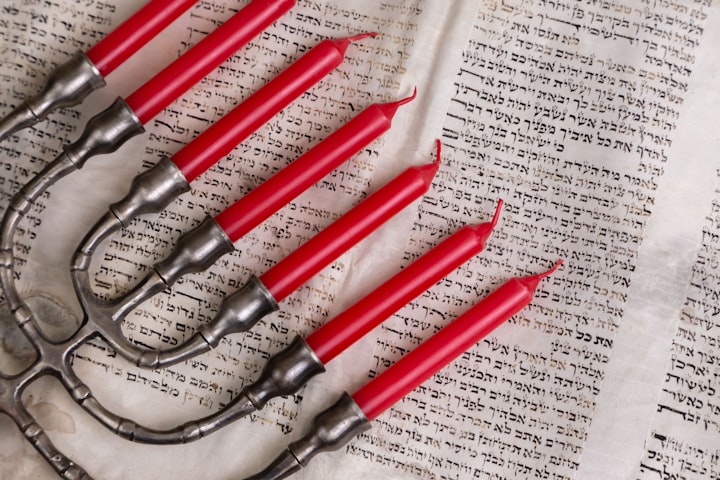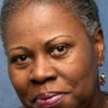Abortion Bans Infringe on Religious Freedom
Clergy, others sue to follow own faith on when life begins

Two Christians, three Jews, one Unitarian Universalist, and a Buddhist recently filed in a Florida court for a temporary injunction against the state’s 15-week abortion ban.
The ban, without exceptions for rape or incest, went into effect July 1 and does “immediate and irreparable injury” to their right to religious freedom, the clergy maintains. “It codifies a singular and exclusive religious belief with no plausible secular justification,” the lawsuit charged.
The Sept. 1 request to the 11th Judicial Circuit of Miami comes a month after the same clerics sued the state over the law in a lower court. Its argument has taken on new urgency after an appellate court recently rejected an injunction request by Planned Parenthood and other groups. The plaintiffs have appealed to the state Supreme Court.
That legal action has been followed by a lawsuit filed by Hoosier Jews for Choice, an Indiana group arguing the abortion ban violates the state’s Religious Freedom Restoration Act. Also three Jewish women in Kentucky have sued, arguing that a state laws that ban most abortions violate their religious rights.
This focus on religious liberty could eventually end up before the U.S. Supreme Court, which ended a 50-year federal abortion right to allow states to set their own laws. Some court rulings also undermined the separation of church and state in favor of conservative Christian plaintiffs.
For instance, in Carson v. Makin, the court ruled that Maine could not refuse to fund religious schools. The decision in Kennedy v. Bremerton School District allowed a football coach to hold prayer sessions with players on the field after games.
The current court majority likely would not have objected to the fact that Florida Gov. Ron DeSantis signed the abortion law in April during a worship-like ceremony in a Pentecostal church. The House speaker declared the law “a gift from God.”
But what about the religious liberty of those who follow other faith traditions? Or even those who have none? They should not be subjected to laws forcing a particular sectarian thinking over their private matters.
“Anti-abortion Catholic bishops and evangelicals label supporters of abortion rights as ‘secularists,’” said Marci Hamilton, a University of Pennsylvania professor helping the plaintiffs, including the Episcopal Church and the United Church of Christ clergy.
“Yet there are millions of Americans whose deeply held religious beliefs, speech and conduct are being substantially burdened by restrictive abortion bans," she said.
Bans in Florida and other states also make it a felony for anyone to counsel or aid a person who violates the laws. So clergy concerns about the bans are practical, as well as faith-based.
The clerics in the lawsuit cite that their scriptures and denominational policies hold diverse beliefs about when life begins and what it means to honor a person’s inherent rights.
The Reverend Tom Capo, of the Unitarian Universalist Congregation of Miami, said in the lawsuit that he believes his role “in counseling and advising women and girls faced with these issues is to be a pillar of discernment and support as she makes her own decision.”
This type of legal challenge could spread to other states. Four Texas ministers recently sent a letter to the state’s attorney general indicating legal action is likely against that state’s six-week abortion ban.
Senior Pastor Rachel Baughman, with Oak Lawn United Methodist Church in Dallas, said the ministers hope “to send a message against the heavy-handed narrative of Christian nationalism.”
”I am really just trying to stand up and protect our rights and ability to have honest conversation and dialogue with our congregation members about things that matter,” she told the Inside Texas Politics website.
Buddhists hold a spectrum of views on abortion, depending on the country, prevailing philosophies, and connection to Western thinking. It does encourage harm reduction, compassion for a pregnant person, and weighing all the factors that created the situation.
According to the Buddhistdoor Global newsletter: “Many agree with the Dalai Lama, who has said: ‘It depends on the circumstances …I think abortion should be approved or disapproved according to each circumstance.’”
Jewish law has long held that life begins at birth, and that the fetus is part of the pregnant person’s body. Rabbi Barry Silver, a former Florida legislator lawmaker, filed a lawsuit against the abortion law in June on behalf of his South Florida congregation.
The “misimpressions and misunderstandings” the law creates, he said, mostly serve the ambitions of DeSantis, who is considering a presidential bid.
“They certainly don’t have the right to inflict them on Jewish people — we wrote the Bible,” he told the Florida Phoenix. “And, unlike DeSantis and these fundamentalists and Catholics, we actually can read it in the original. We know what it says.”
About the Creator
Vanessa Gallman
Commentator on political events, explorer of human nature






Comments
There are no comments for this story
Be the first to respond and start the conversation.